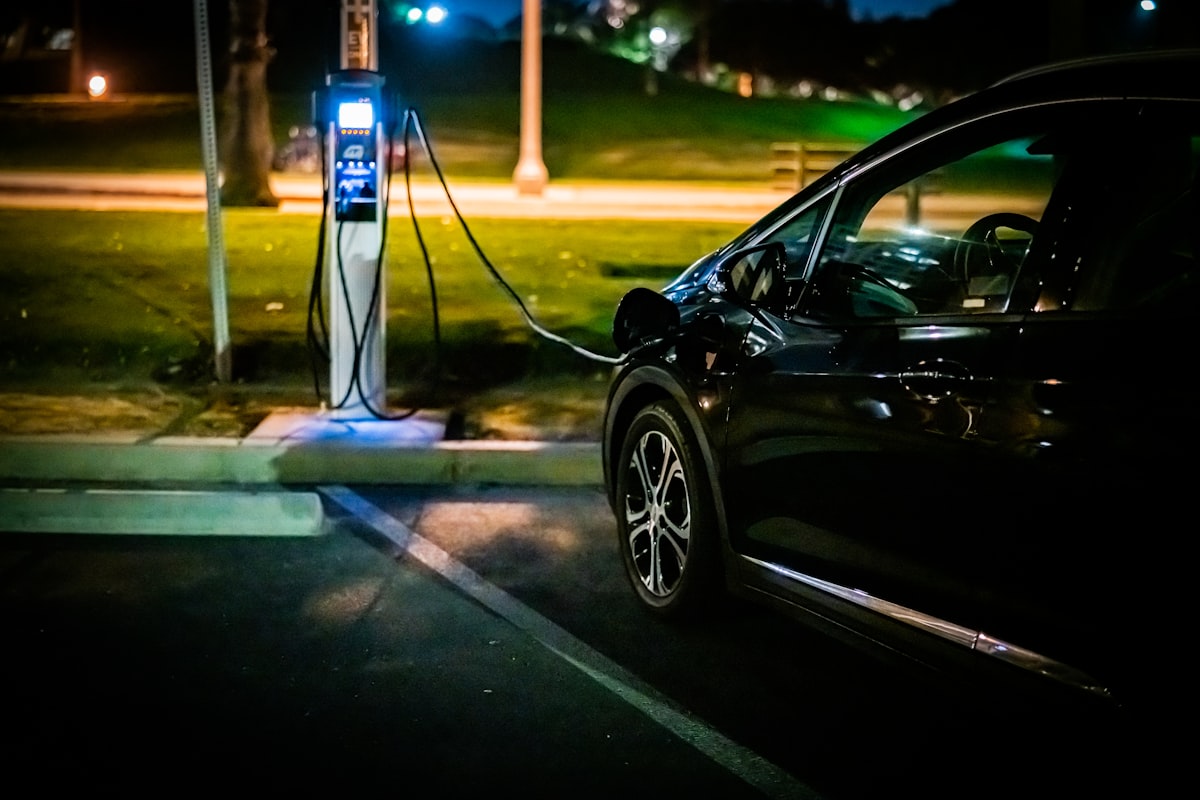Should You DIY Your Home EV Charger Installation?
DIY EV charger installation has gotten complicated with all the YouTube videos making it look easy while electricians quote $800+ for the work. I spent weeks researching whether to do it myself before ultimately hiring someone — and learned a lot about when DIY makes sense and when it really doesn’t.
The Case for Doing It Yourself
Saving Money Is Real
Professional installation costs $500-2,000 depending on your situation. If you already have a 240-volt outlet near where you park, installation is just mounting a box and plugging it in. That’s legitimately a DIY job, and paying an electrician $600 for an hour of work feels excessive.

Schedule Flexibility
Getting an electrician scheduled can take weeks. If you’re handy and have the time, doing it yourself means finishing on your timeline.
Learning Something Useful
Basic electrical work is a genuinely useful skill. Understanding your home’s wiring helps with future projects and troubleshooting. That said, “basic” is doing a lot of work in that sentence.
The Satisfaction Factor
Completing a project like this feels good. There’s real satisfaction in knowing you did it yourself — assuming you did it correctly.
The Case Against DIY
Electricity Can Kill You
This isn’t hyperbole. Mistakes with 240-volt circuits cause electrocution and house fires. If you’re not completely confident, the cost of professional installation is cheap compared to the alternatives.
Permits and Inspections
Many areas require electrical permits for this work. Some jurisdictions require a licensed electrician to pull permits. DIY installation without permits can cause problems when you sell your house or file insurance claims.
It’s Probably More Complex Than You Think
The simple case — mounting a charger near an existing 240V outlet — is straightforward. But most installations involve running new wire from your panel, possibly through walls, possibly outdoors. Some homes need panel upgrades before adding a 50-amp circuit. This complexity is where DIY gets dicey.
Warranty and Insurance Issues
Some charger warranties require professional installation. Some homeowner’s insurance policies have restrictions on DIY electrical work. Read the fine print before committing.
If You’re Still Considering DIY
The actual steps aren’t mysterious:
- Evaluate your panel — can it handle a 40-50 amp circuit?
- Pick your charger based on your car and driving needs
- Gather proper tools and materials — wire, conduit, breakers, safety gear
- Kill the power and verify with a tester (seriously, verify)
- Mount the electrical box where the charger goes
- Run conduit and wire from panel to charger location
- Install a new breaker and connect wires properly
- Connect the charger and secure everything
- Test before closing things up

Each step has details that matter. Wire gauge must match circuit amperage. Connections must be torqued correctly. Grounding must be proper. One mistake in a chain of twenty correct decisions can cause problems.
When to Call a Professional
Hire an electrician if:
- Your panel needs upgrading or is already at capacity
- You’re not confident working inside an electrical panel
- The installation requires significant new wiring runs
- Your charger warranty requires professional installation
- Local codes require licensed work
I ultimately hired someone because my 1990s panel was borderline and I didn’t trust myself to evaluate it correctly. The electrician found issues I wouldn’t have noticed. Worth every dollar of that $1,400 total cost.
The Bottom Line
Simple installations with existing 240V outlets are reasonable DIY projects for handy homeowners. Anything involving panel work, new circuits, or significant wire runs should probably go to a professional. The money saved on DIY isn’t worth the risks if you’re not genuinely qualified.
When in doubt, get quotes. If electricians are charging $600 for what looks like simple work, maybe DIY makes sense. If they’re quoting $2,000 because your panel needs attention, that’s probably money well spent.
Recommended EV Accessories
NOCO GENIUS10 Smart Charger – $79.95
Advanced battery maintainer and charger.
EV Charging Station Guide
Navigate the EV charging landscape.
As an Amazon Associate, we earn from qualifying purchases.



